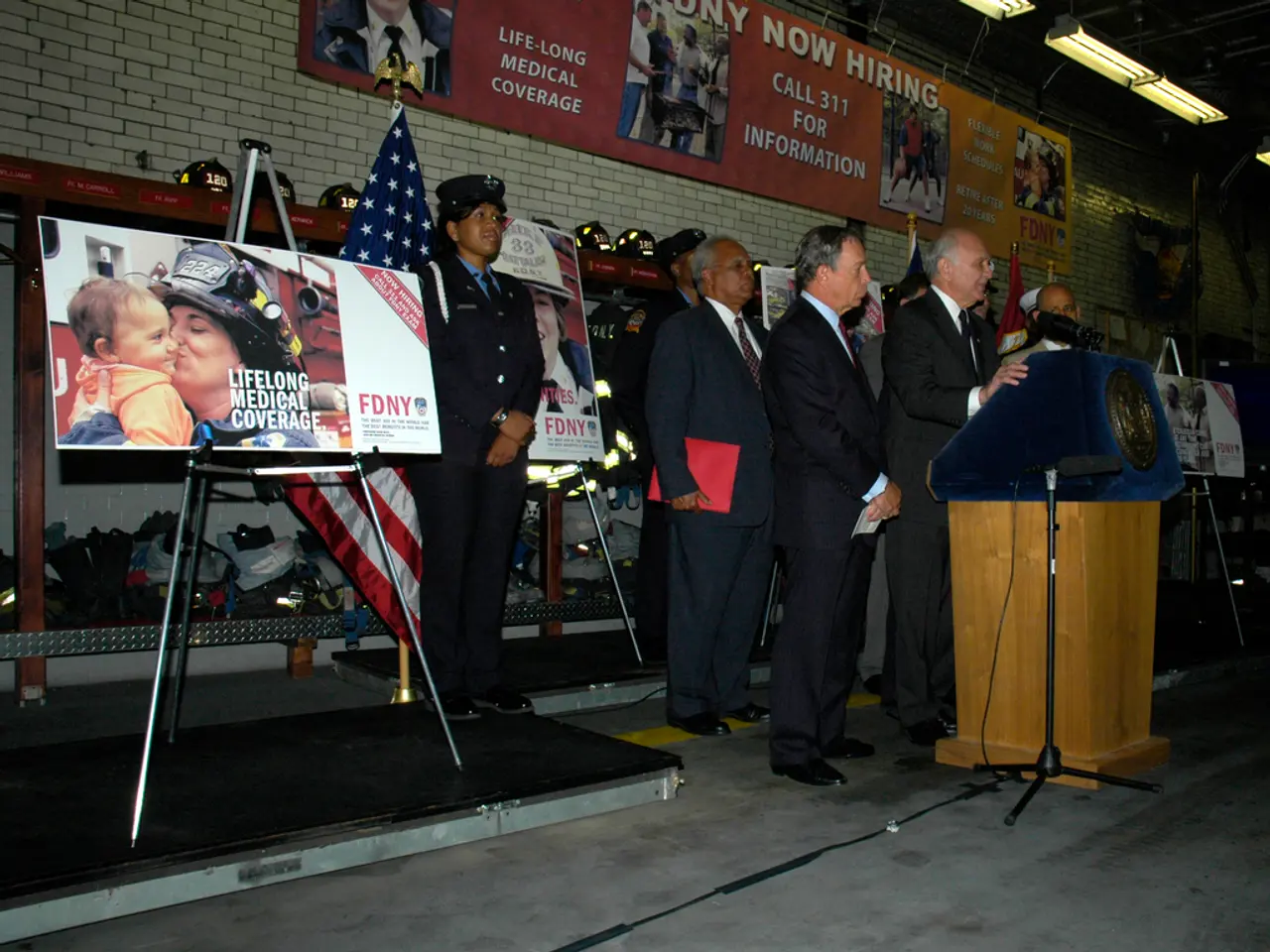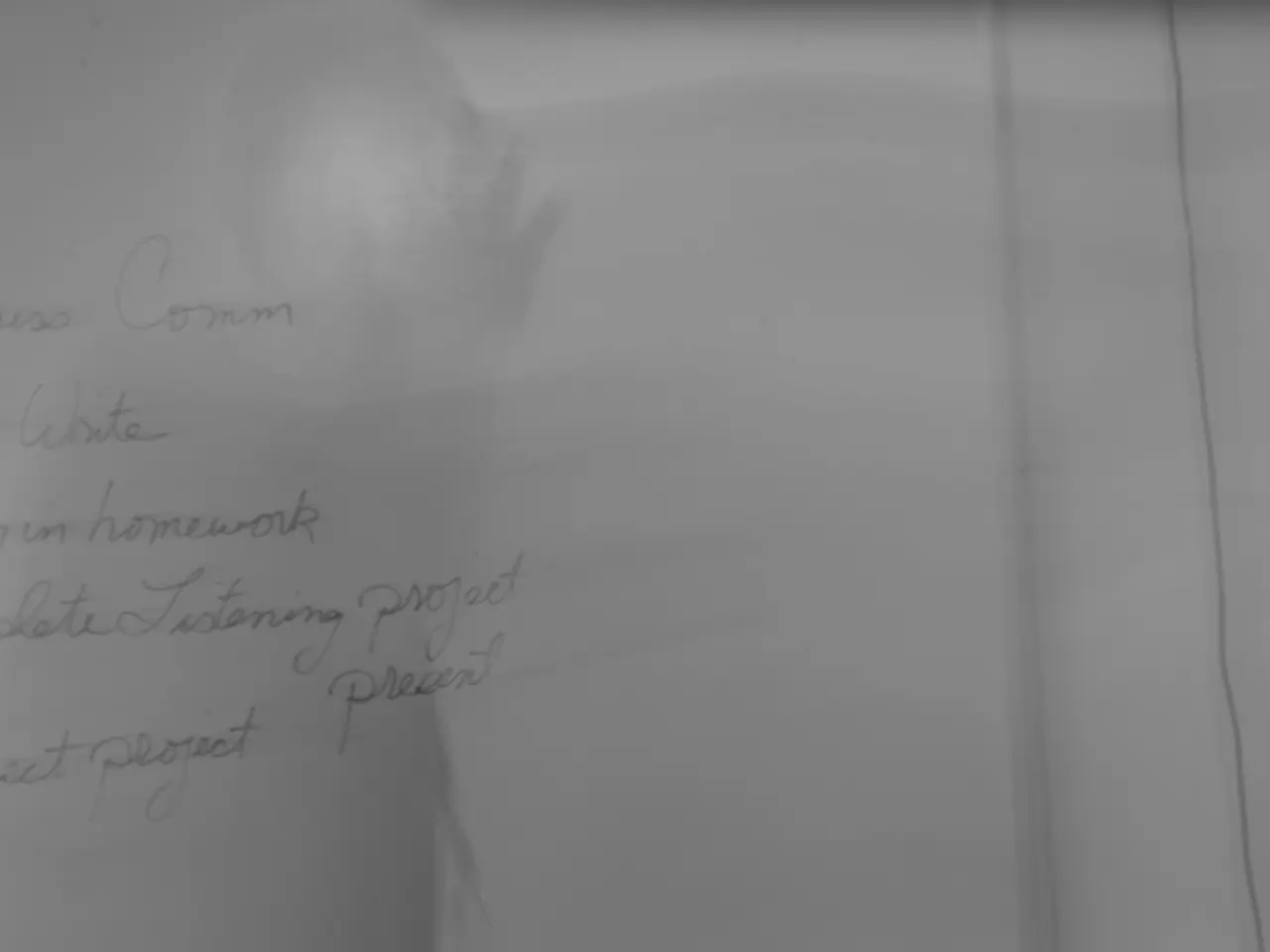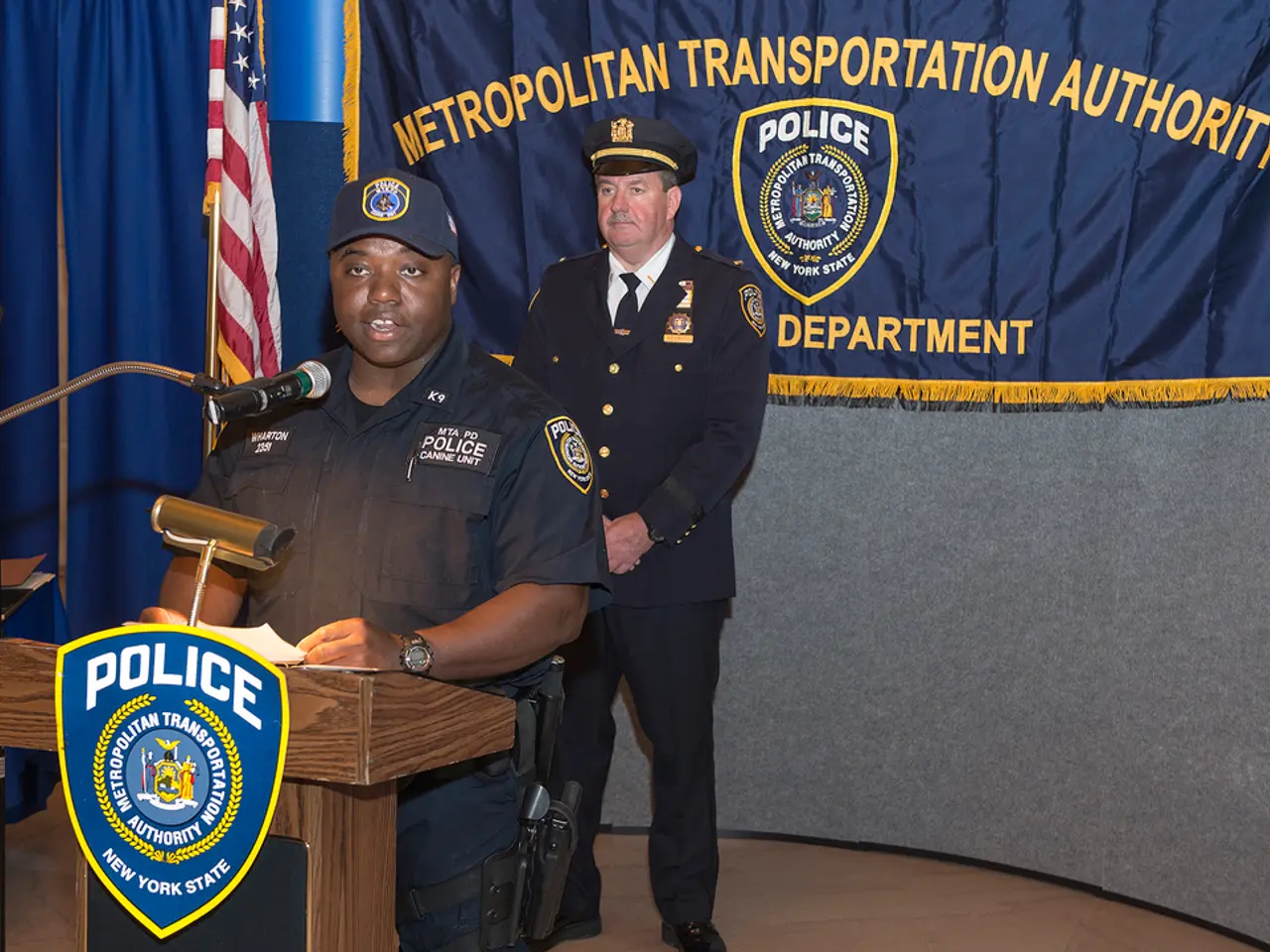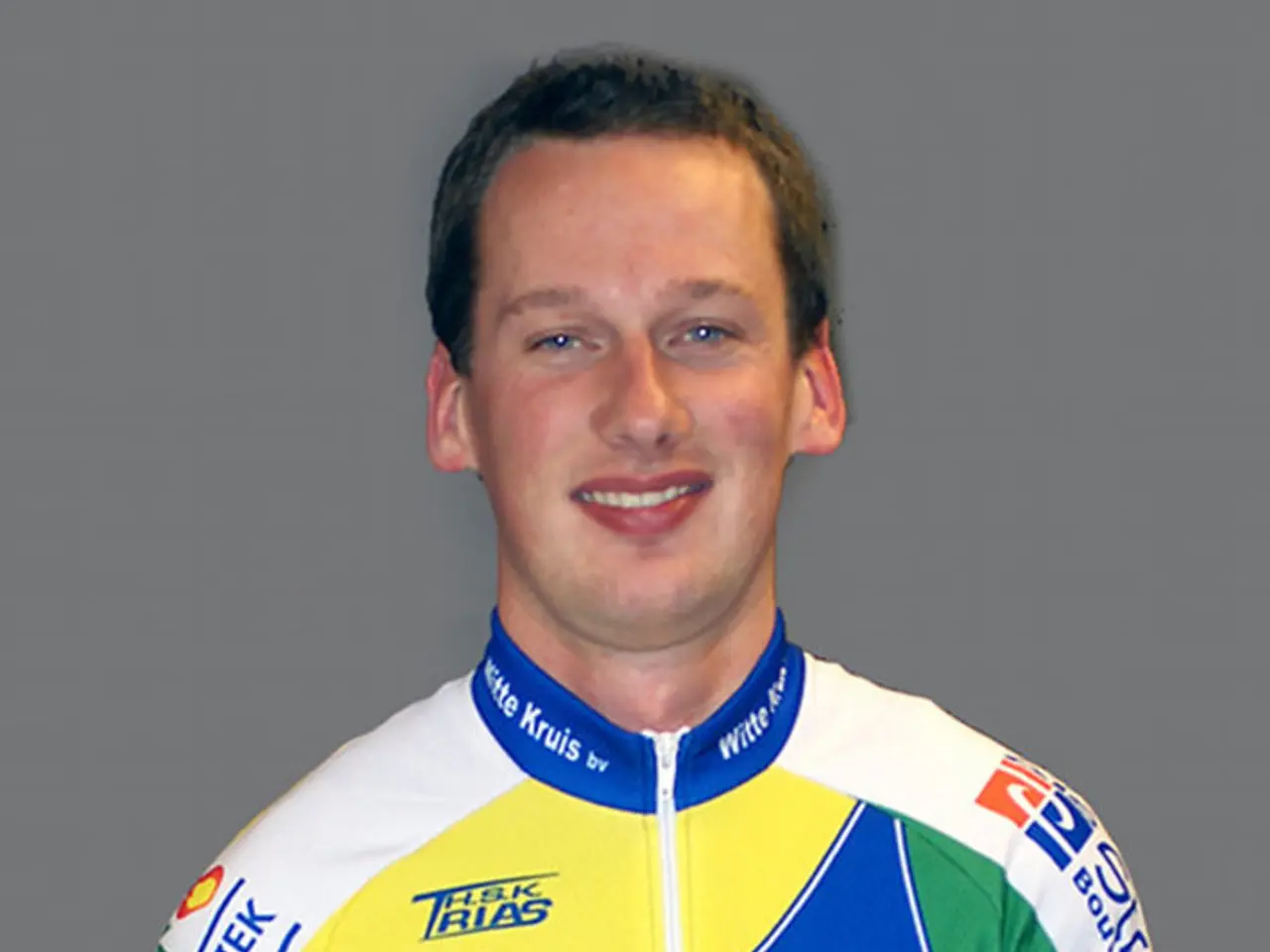Two decades past, a German ascended to the papacy.
A massive wave of excitement swept St. Peter's Square at 6:40 PM on April 19, 2005, as the announcement echoed from the central loggia of St. Peter's Basilica. After billows of white smoke rose from the Sistine Chapel's chimney, the election of the new Pope was confirmed.
"Habemus Papam" - we have a pope - "Cardinalem Ratzinger". The bells of St. Peter's Cathedral confirmed the news, and the crowd surged towards the square, causing traffic havoc around the Vatican.
Soon after, the newly chosen Pope Benedict XVI appeared on the central balcony of St. Peter's Basilica, beaming and extending his arms in a warm greeting. As an athlete might, he stood with his hands laid one on top of the other, a humble yet authoritative figure. "After the great Pope John Paul II, the cardinals have chosen me, a simple servant in the Lord's vineyard," he declared in his inaugural address. His brief speech was frequently interrupted by applause and "Benedetto-Benedetto" calls before he offered his first blessing "Urbi et orbi".
A sea of people after tumultuous times
Rome and the Vatican had been rocked by tumultuous days. On April 2, Pope John Paul II had breathed his last after ruling for 27 years. Four million faithful made their way past his open coffin in St. Peter's Basilica. Heads of state and church leaders from across the globe graced the funeral mass. The city managed the overwhelming crowds with dexterity.
After a week of grief, the cardinals prepared for the conclave. Details of the meetings were scant, while media and the public speculated about who would steer the church into the future - a maintainer of tradition or a champion of change? A pragmatist to smooth the ship through calmer waters or a theologian for the modern age? Would a Vatican insider take the lead, or an outsider whose fresh perspective might breathe new life into the church?
Shortlisted contenders
Almost every Italian cardinal seemed a viable candidate, from the former worker priest Poletto to the people's cardinal from Milan, Tettamanzi. Or the politically savvy Cardinal Ruini from Rome, or even Cardinal Secretary of State Sodano?
From the start, the name of Cardinal Dean Joseph Ratzinger was in the mix of favorites. As head of the Congregation for the Doctrine of the Faith and John Paul II's closest advisor, he had significantly influenced the papacy, knowing the Vatican's inner workings without being ensnared by cliques and corruption. He appeared as a beacon of continuity.
At first, Ratzinger was perceived as an outsider, a respected German professor with little charm or vision like Karol Wojtyla. However, his public persona recently underwent a significant transformation. As an interim leader, he skillfully navigated the church during the sede vacante, shedding his intellectual detachment and delivering an emotional eulogy for his revered predecessor on St. Peter's Square.
Ratzinger gained further attention with clear and candid assessments of the church's present situation and direction. Even in his Good Friday homily just a few days prior to the conclave, he compared the church to a sinking ship fraught with filth and clerical arrogance. At the grand opening Mass of the conclave in St. Peter's Basilica, he warned about the "dictatorship of relativism" and shallow ideological trends, advocating instead for the truth of faith and Christ as the defining measure of the church.
The outsider as front-runner
Evidently, Ratzinger's unyielding stance resonated with the cardinals. The outsider had become the favorite. There was no truly compelling progressive candidate in the conclave: the great Milanese Cardinal Martini, once a favorite for the papacy, had little chance due to his advanced age and Parkinson's disease, choosing to withdraw his "candidacy." Similarly, the Argentine Bergoglio, who reportedly received about a third of the votes, according to some accounts, posed no serious challenge.
Despite his preferred status, it was a surprise when the Chilean Cardinal-Protodeacon Medina Estevez declared Cardinal Ratzinger as the new Pope Benedict XVI to more than 100,000 believers on St. Peter's Square. Apparently, he garnered significantly more than the required 77 votes of the 115 electors as reported by participants in the conclave.
Ratzinger secured support from diverse denominations, nationalities, and continents, winning people over with his intellect and shy friendliness. As Benedict XVI, he emerged from the shadow of his powerful predecessor, developing his own unique style.
Due to his age, he served a shorter initial term than John Paul II. He reduced the deluge of speeches and documents, focusing on theological depth. Politically, he sometimes faltered, notably with his outreach to traditionalists and his handling of the Islamic world and Reformation churches. Ultimately, he became the first pope in 700 years to resign, stepping down in 2013 due to physical limitations, living for nearly a decade more as "pope emeritus" in the Vatican.
Joseph Ratzinger, who was born in 1927 in Bavaria, Germany, was a prominent theologian, rising to full professor by the age of 31 and teaching at several German universities. In 1977, he was appointed Archbishop of Munich and Freising and made a cardinal by Pope Paul VI, despite lacking significant pastoral experience. From 1981, he served as Prefect of the Congregation for the Doctrine of the Faith, a critical Vatican office overseeing doctrine. In 2002, he became Dean of the College of Cardinals, the senior member of the cardinals. He was a close confidant and major theological influence during John Paul II's papacy, shaping church priorities for over 25 years.
- The aftermath of Pope John Paul II's death brought together a sea of people, looking for guidance as they navigated through the sessions of the conclave. As the cardinals continued their meetings, intrigue mounted over who would lead the church into the future.
- Despite being an outsider, Cardinal Ratzinger's firm stance and intellectual depth attracted the attention of the cardinals, making him a front-runner in the race for the papacy. After a week of deliberations, his strong leadership and unyielding commitment earned him the position as Pope Benedict XVI, bringing change to the Vatican while maintaining a strong connection to the church's traditional values.





